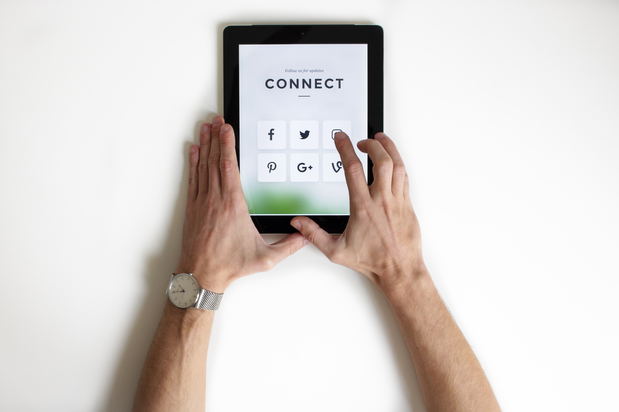Although a staple of modern culture, social media is often criticized for being detrimental to the mental health of its users. With the aid of photo editing and other enhancements, social media can be used to paint profiles riddled with filters, fabrications, and exaggerations. These mirage-like profiles can evoke a grass-is-greener mentality in each viewer, and thereby enhance a sense of dissatisfaction for their circumstances—particularly external characteristics or successes.
This is why social media is so effective for marketing, promotion, and advertisements of people, products, and lifestyles. Therefore, an anomaly for social media is rawness and transparency. However, one public figure is changing the game.
Pete Davidson Tells All
Pete Davidson, Staten Island native and Saturday Night Live comedian, is not a new name in the headlines. He’s stood out in the past for the unconventional authenticity of his comedic style, being the fourth-youngest cast member in SNL’s history, suffering from Crohn’s disease, borderline personality disorder, and depression, and—most recently—his engagement to and subsequent breakup with pop star Ariana Grande. The latter, in particular, has skyrocketed both his popularity and recognition. However, the onslaught of attention seems to have come at a price.
Davidson has made headlines by bringing his openness and vulnerability to a platform known for doctoring photos and appearances. Through a brief story post, the comedian found a powerful and effective intersection between Instagram’s popularity and the necessity of awareness of mental health disorders and their related effects. Davidson’s post detailed his struggles with borderline personality disorder, being bullied in person and online, and suicidal ideation. It read:
“I’ve kept my mouth shut. Never mentioned any names, never said a word about anyone or anything. I’m trying to understand how when something happens to a guy the entire world just trashes him without any facts or frame of reference. Especially in today’s climate where everyone loves to be offended and upset, it is truly mind-boggling. I’ve been getting online bullied and in public for 9 months. I’ve spoken about BPD and being suicidal publicly only in the hopes that it will help bring awareness and help kids like myself who don’t want to be on this earth. I just want you guys to know. No matter how hard the internet or anyone tries to make me kill myself. I won’t. I’m upset I even have to say this. To all those holding me down and seeing this for what it is - I see you and I love you.”
Davidson’s post garnered immediate attention and concern. Several friends and fans of the comedian—including rapper Machine Gun Kelly—took rapid action to either voice support of Davidson or rush to his aid. In the wake of his post, Davidson has received public and private support, unintentionally discovering an untapped facet of social media—its ability to serve as a platform for receiving support in dire circumstances.
Social Media Humanizes the Untouchables
Between its rapidity and broad user base, social media is uniquely adept at garnering widespread attention and awareness. Although this ability is frequently used for marketing and promotion, Davidson spun the narrative by using social media to remind his following what goes on behind the scenes. He used his position to strip away the filters and reveal the truth—that mental health disorders are more prevalent than ever and real people exist behind social media profiles, even if they seem untouchable or distant because of their fame or following. As a result, they are privy to insensitive treatment and bullying and can suffer negative mental effects when they are targets of these behaviors.
Not only is Davidson reminding us to treat others with respect and practice empathy, his refreshing candor regarding mental strife reinforces its prevalence and normalcy, thereby reducing the stubborn stigma that surrounds mental illness and its discussion. Davidson is inspiring hope to mental illness sufferers by announcing his resilience and devotion to staying alive, even when it is extremely difficult. Through Davidson’s bravery and honesty, we have learned that social media can be exceptionally beneficial for reaching out, calling for awareness, and asking for support in dire circumstances.
Perhaps there is some good to social media after all.
If you or your loved one are looking for professional help, browse our directory of counseling and therapy treatment centers or call 800-891-8171 to inquire about specialists in your area.








